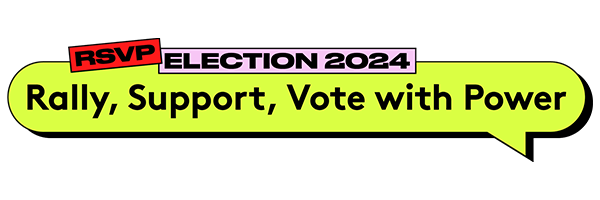For an audience of women jaded about politics, Cooper’s relaxed mood and organic moderation allowed for a smooth entrance into some contentious discussions. Harris was speaking directly to women when she said that
one third of all abortion seekers are already mothers. “You don't have to abandon your faith or deeply held beliefs to agree the government shouldn't be telling her what to do. If she chooses, she'll talk to her priest, her pastor, her rabbi, her mom, but not the government,” Harris said with grace for a range of perspectives. Cooper also asked Harris about the accusations that not having biological children makes Harris less relatable or humble. “I don't think she understands that there are a whole lot of women out here who, one, are not aspiring to be humble,” Harris said and it felt as though she were speaking to so many women who have silenced themselves for male gaze. Harris succinctly rejected the myth that ambition isn’t “feminine” or that women have to look and act a certain way to be accepted, or, that leaning into the caricatures drawn out for white women by white men will somehow save them from patriarchy. It was a great moment for her campaign and one that wouldn’t have resonated as deeply in most other spaces.
Call Her Daddy listeners “get it” even when they’re afraid to admit it and Harris gave them permission to step into their power… with her.








